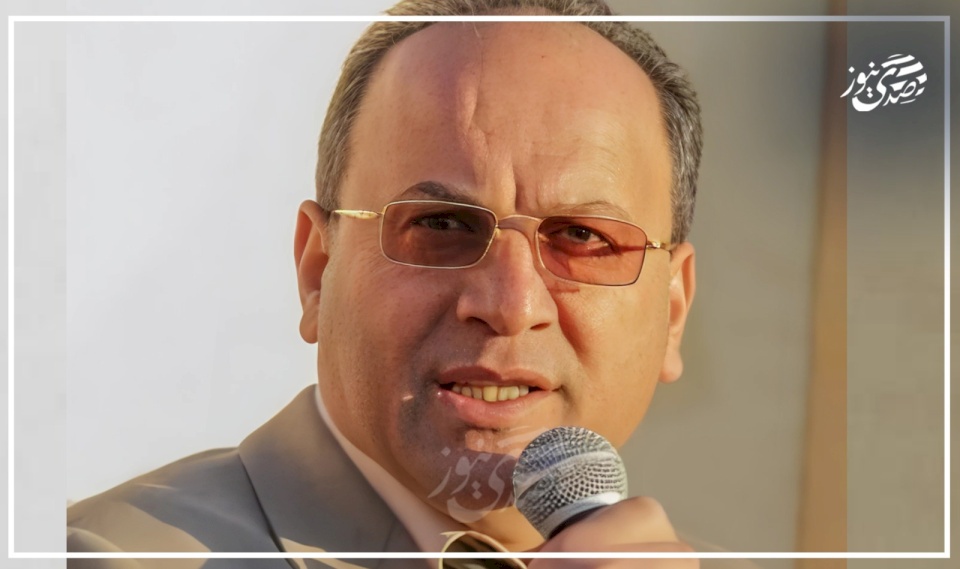
Recognition of the State of Palestine... A Historic Step and Open Responsibilities
The recognition by Britain, Canada, Australia, and Portugal of the State of Palestine, with borders as of June 4, 1967, and its capital in East Jerusalem, represents a qualitative shift in the international scene and will be followed by other countries. This step is not merely an addition of new countries to the list of recognitions, but a reminder of the relevance of international law and United Nations resolutions that affirm the right of Palestinians to an independent state.
However, recognition, no matter how significant, is not sufficient on its own, as Israel continues with settlement expansion, annexation, and financial blockade, and continues its attacks on civilians in the West Bank and Gaza. Therefore, protecting this decision seems an urgent necessity to prevent it from becoming a burden on the Palestinian people or a pretext for new crimes, and it must be accompanied by genuine political action to deter any attempts to impose Israeli sovereignty or carry out displacement operations.
The Israeli response did not take long; Prime Minister Benjamin Netanyahu pledged upon his return from the United States to take deterrent measures, and several ministers from his government have issued similar threats. These statements reflect a tendency towards further political escalation, and possibly ground escalation, which makes international action to protect the recognition even more urgent.
For recognition not to remain merely a symbolic declaration, the recognizing countries are expected to turn it into tangible reality: banning settlement goods, halting dealings with companies operating therein, opening embassies for the State of Palestine, establishing direct trade relations free from Israeli constraints, supporting Palestinian issues before the United Nations and the International Criminal Court, sending monitoring missions to protect civilians, and imposing clear sanctions on any Israeli unilateral actions regarding annexation or expansion of settlements.
Here, the deeper truth behind this international shift is revealed: the larger role has been a result of the movements of people, parties, and civil society organizations alongside artists, athletes, and influencers around the world who have turned their free voices into a bridge connecting the justice of the Palestinian cause to all corners of the globe. This widespread wave of solidarity has proven that popular will can break the walls of silence and compel governments to take courageous stands.
However, the solid core upon which all these efforts rely has been the blood of our children, elders, and women, and the steadfastness of the Palestinian people themselves; a steadfastness built on the sacrifices of martyrs and the struggle of the wounded, prisoners, and activists over many years, forming a solid foundation for the current political and diplomatic achievements and making them a genuine prelude to the path of liberation and complete independence.
This historic step is not the end of the road but an open invitation for the continuation of global mobilization to translate recognition into practical actions that end the occupation and achieve justice and freedom for the Palestinian people, keeping the banner of dignity raised against all attempts at exclusion or retreat.
This recognition gives Palestinians a political boost that strengthens their negotiating position, but at the same time, it places the international community before a real test: either to transform into a platform for diplomatic and economic action leading to the end of the occupation and the realization of the Palestinian state, or to remain a symbolic station that changes nothing on the ground. This is a moment that opens a new horizon for political and diplomatic struggle, placing on the recognizing countries a historical responsibility: to prove that respect for international law does not stop at the level of words but extends to actions that end decades of occupation and grant the Palestinian people their full rights to freedom and independence despite all threats and blackmail attempts that the Israeli government tries to use to deter the world from continuing on this path.

Huckabee's Statements Reveal the Falsehood of Trump's Peace and Reinforce Religious Confli...

Licensed Occupation by Law

Whoever Does Not Plant Hope, Plants Departure...

Between "Here is Jerusalem" and "Here is Gaza" ... The Voice of a Nation and the Steadfast...

While some count the boos, Palestinians count their martyrs.. Paradoxes of the internation...

When the Palestinian Issue is Reduced to Gaza Management

Legally Licensed Occupation

